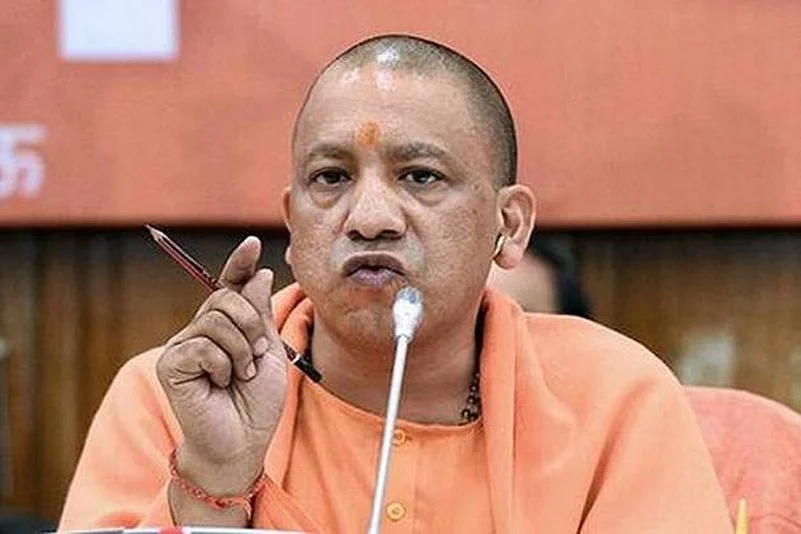Uttar Pradesh Chief Minister Yogi Adityanath on Wednesday urged public to hold patience on the ongoing Babri Masjid-Ram Mandir case and have trust on the Supreme Court.
"The case is ongoing in the Supreme Court and the court is independent. All the devotees must be patient and must trust the court," he said.
"Justice must be done in time and we must all believe in the Supreme Court's decision," Adityanath added.
The Babri Masjid in Ayodhya was pulled down on December 6, 1992 allegedly by a group of Hindu activists, claiming that the mosque was constructed after demolishing a Ram Temple that originally stood there. Since then, several hearings have been held in the top court to resolve the issue.
Advertisement
What was Babri Masjid?
The Babri Masjid was a mosque in Ayodhya, Uttar Pradesh built in approximately 1528–29 CE (935 AH) by Mir Baqi, on orders of the Mughal emperor Babur.
The mosque was located on a hill known as Ramkot and a section of the Hindu community claimed that the Mughals destroyed a structure marking the birthplace of Rama (Ram Janmabhoomi) to build the mosque. This, however, was denied by the opposing muslims.
The Ayodhya Dispute
The plot of the land of the Babri Masjid created a rift between the two sections of the society amid political, historical and socio-religious debates.
The Ayodhya dispute has been an emotive issue for decades and mired in a slew of legal suits involving Hindu and Muslim religious groups.
Advertisement
(With inputs from ANI)




















